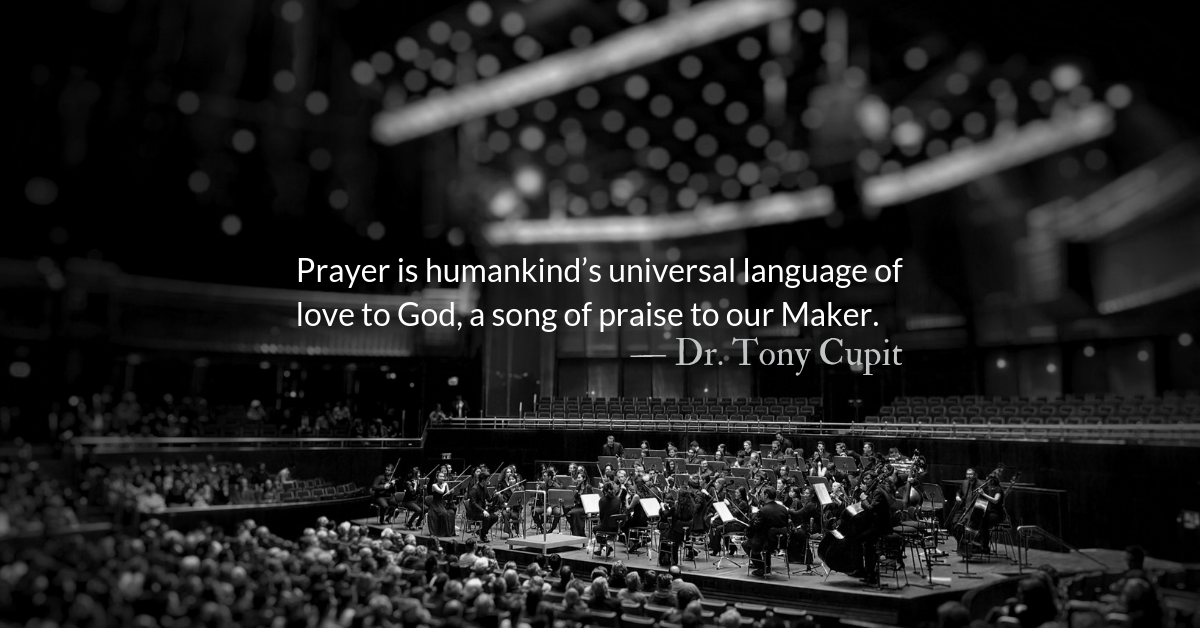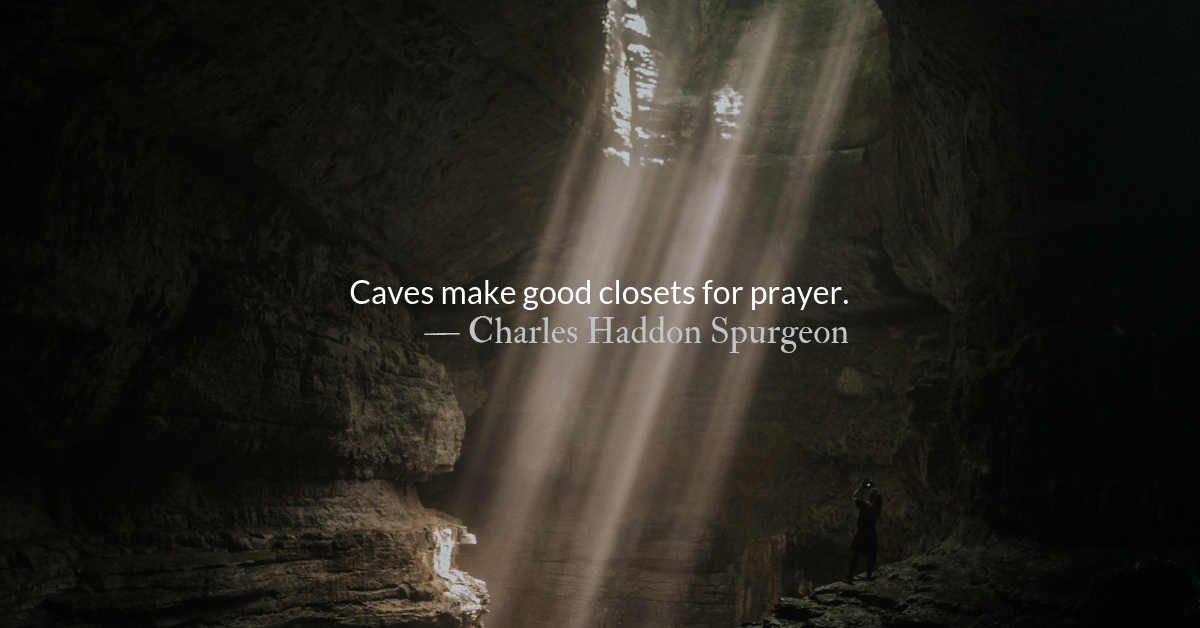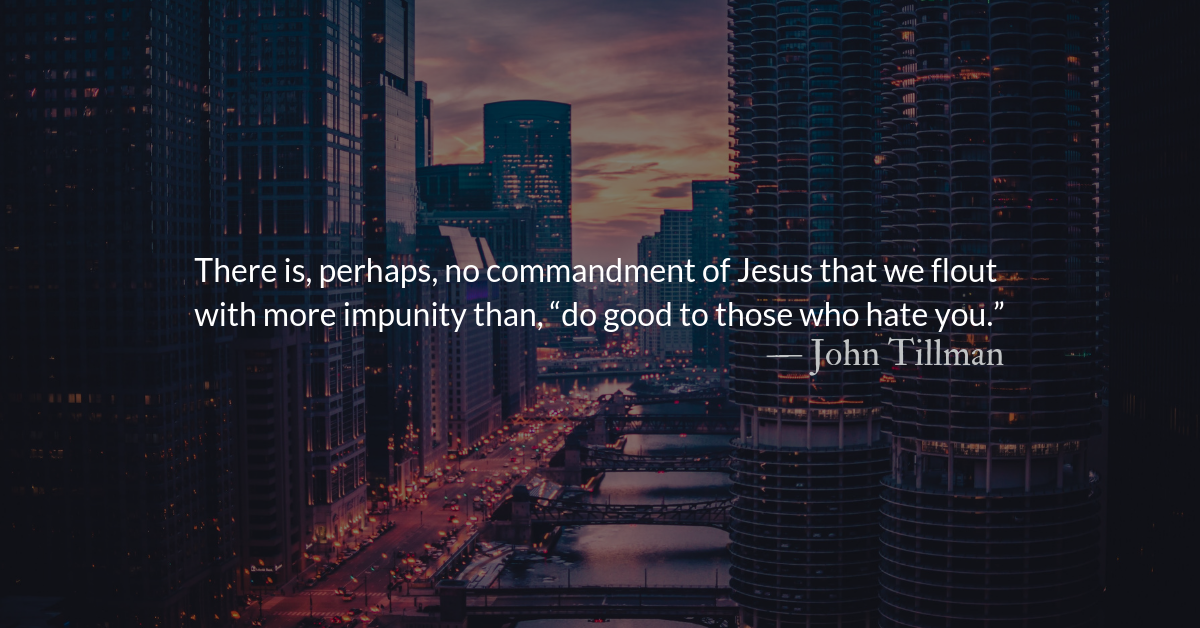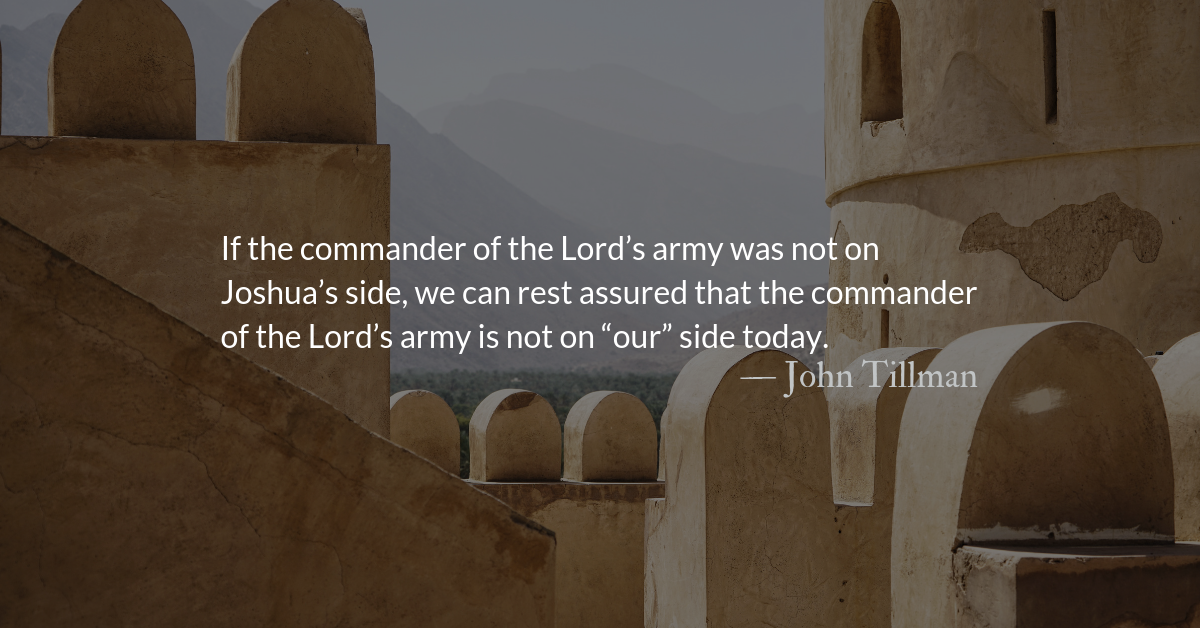Psalm 145.21
My mouth will speak in praise of the Lord.
Let every creature praise his holy name
for ever and ever.
From John:
One of the reasons we read Psalms every year in our two-year reading plan is that it teaches us so much about prayer. It is not that we should copy the psalms, although reading them as our own is a valuable practice. As Charles Spurgeon says of this psalm, we should make our own music in prayer: “Let each Christian reader present his own praise unto the Lord, and call it by his own name. What a wealth of varied praise will thus be presented through Christ Jesus!”
For our reflection today we turn to the conclusion of the book we have often drawn prayers from for our Worldwide Prayer series, Hallowed be Your Name: A collection of prayers from around the world. The conclusion is written by the editor, Dr. Tony Cupit, and, similar to Spurgeon’s challenge, calls us to join our prayers musically in a worldwide, Spirit-empowered unity.
May it be so.
Reflection: Praying as Music
By Tony Cupit
If music is a universal language, prayer can be similarly described. Prayer is humankind’s universal language of love to God, a song of praise to our Maker, a cry of anguish for our sin, a note of pleading for our needs, an expression of thanksgiving for all God’s wondrous grace. And prayer is a whole lot more. We join as a fellowship of Christ’s followers to lift our hearts in prayer.
And prayer produces a beautiful union, a harmony between God and humanity. Before we begin to sing our song of love to God in prayer, we realize that in an amazing way God is already waiting for us to speak, to listen, to pray. This interaction between God and us, we call prayer. And always this duet is part of a glorious symphony as we join our prayer to God with fellow believers.
All around the world, God’s people sing an anthem of praise to God. Prayers—songs of worship and praise—are offered in this booklet so we can all enjoy heavenly music, duets, ensembles, choirs, congregations, whose music soars heavenward. These become an expression of reverence, of awe and wonder, to our Creator God whose mystery is wonderfully intriguing, to God’s Son whose person is beautifully enchanting and to God’s Holy Spirit whose presence is fiercely challenging and gently reassuring.
Whether we pray as a duet, a trio, a quartet, or a choir, may our worship in prayer be harmonious, melodious, clear and constant—for it was Jesus who taught us to pray, “yours is the Kingdom, the power and the glory, forever and ever.”
*Excerpt from the conclusion of Hallowed be Your Name: A collection of prayers from around the world, Dr. Tony Cupit, Editor.
Prayer: The Refrain for the Morning Lessons
May you be blessed by the Lord, the maker of heaven and earth. — Psalm 124.8
– From The Divine Hours: Prayers for Summertime by Phyllis Tickle.
Today’s Readings
Joshua 12-13 (Listen – 8:18)
Psalm 145 (Listen – 2:19)
Thank You!
Thank you to our donors who support our readers by making it possible to continue The Park Forum devotionals. This year, The Park Forum audiences opened 200,000 free, and ad-free, devotional content. Follow this link to join our donors with a one-time or a monthly gift.
Readers’ Choice Submissions
It is once again time for us to seek out the voices of our readers and hear from you about posts from the past eleven months that have challenged and comforted you and helped you find new meaning in the scriptures.
Readers’ Choice posts will be republished during the month of August and periodically throughout the Fall.
Follow the link to fill out the form. Feel free to fill out the form multiple times for multiple submissions. Please limit your submissions to posts published this calendar year, between September of 2018 and today.
For any questions about The Park Forum, or to make suggestions of posts via email, contact John Tillman at john@theparkforum.org
Read more about Prayer from the Cave
When we read the Psalms, we observe masters at prayer. If we read with more than a passing glance we can see their technique well enough to improve our own.
Read more about Hope Still Rises :: Worldwide Prayer
May the church follow Christ’s footsteps as he moves to help those affected by these persistent signs of the sinfulness and greed of our world.











